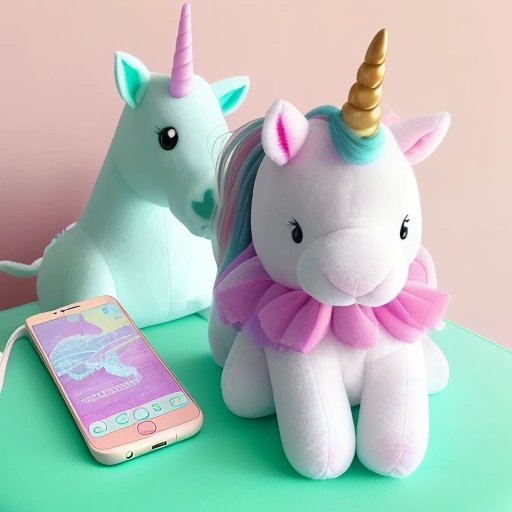Our intrepid journalist here at The Wibble has undertaken the impossible task of explaining the complex concept of upvotes to a three-year-old on crack. We all know that upvotes are the lifeblood of the internet and it's vital to understand them. But how do you explain something so multi-layered to a toddler who's hopped up on illegal drugs?
Our journalist started by explaining the basics of upvoting. Upvotes are a way for people to show they like something on the internet. It's like a virtual thumbs up. They help good content rise to the top of websites like Reddit. The more upvotes something gets, the more people see it.
The toddler's response? "But why do they like it? Is it because the colors are pretty?"
Our journalist patiently explained that people like things for different reasons. Sometimes it's because the content is funny, or informative, or interesting. Sometimes it's just because they want to support the person who created it.
The toddler nodded thoughtfully. "Okay, but what happens if they don't like it?"
Ah, the essence of the internet. Our journalist explained that people can also downvote content if they don't like it. This moves the content lower down the page, and fewer people see it.
The toddler's eyes widened. "That's so mean! Why would someone do that?"
Our journalist chuckled. "Well, sometimes people have different opinions, and that's okay. They're allowed to downvote something if they don't like it. But it's important to remember to be kind to others, even if we don't agree with them."
The toddler seemed satisfied with this answer, but then a new question arose. "What happens if I upvote something a million times?"
Our journalist had to break the harsh truth that spamming upvotes doesn't actually do anything. The platform has algorithms in place to prevent multiple or fake upvotes from one person.
The toddler pouted. "That's not fair!"
Our journalist reassured them that there are still ways to support content creators. They can leave comments to show their appreciation, or share the content with their friends.
The toddler perked up at this. "Ooh, I like sharing things with my friends! Can I share something now?"
Our journalist hesitated, considering whether a toddler on crack should have access to social media. But they relented and asked what the toddler wanted to share.
The toddler pulled out their stuffed unicorn, which was covered in rainbow glitter and had a small horn that lit up when you squeezed it. "I want to share Sparkles with the world! Everyone should see Sparkles!"
Without a second thought, our journalist whipped out their phone and helped the toddler take a photo of the unicorn. They held their breath as they uploaded it to Reddit and hit post.
Within seconds, the upvotes started pouring in. Our journalist grinned at the toddler's unbridled joy as they watched the numbers climb higher and higher.
"You did it!" the toddler exclaimed. "You made Sparkles famous!"
Our journalist chuckled, thinking about how simple joy could be. "I suppose we did."
And with that, they left the toddler to bask in the glory of their upvoted unicorn. Who knows what else they'll learn about the internet next?
